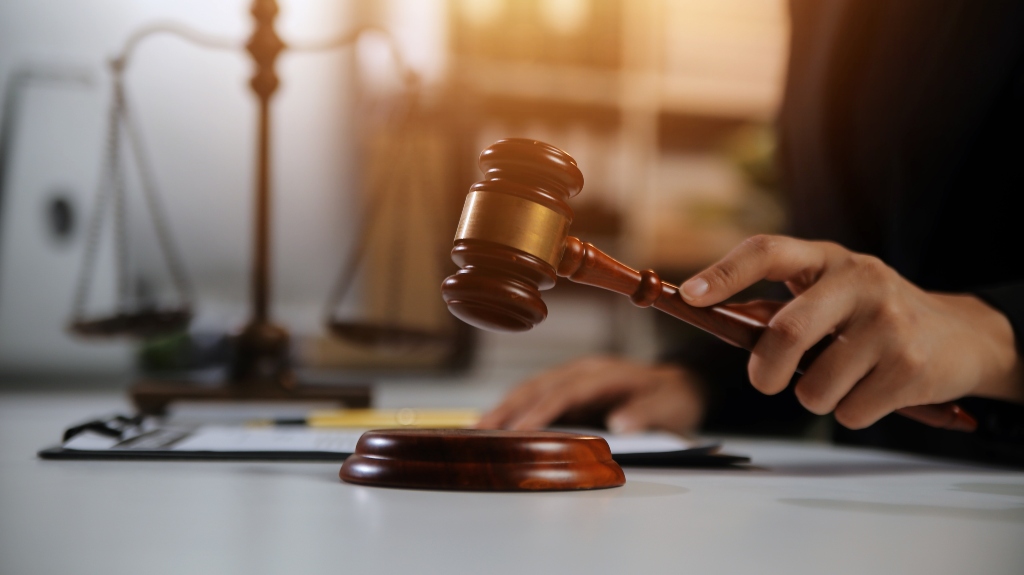A criminal defendant is put into the stressful and overwhelming experience of navigating the complex criminal justice system. If you are facing criminal charges in Texas, it is essential to know what to expect throughout the trial process. Your legal team can be more effective in helping you prepare for trial if you have a general understanding of the criminal procedure process. A skilled San Antonio criminal defense attorney can guide you through the stages of a typical criminal trial in Texas, from the jury selection to the final verdict.
Pre-Trial Preparations
A criminal trial cannot begin until several steps happen during the pre-trial phase. These steps allow the prosecution and the defense team to build their case. The steps include:
- Arraignment is when the court reads the charges, and the defendant enters an initial plea of either guilty, not guilty, or no contest.
- Discovery is when both sides exchange evidence. The defense attorney uses discovery to build a strategy for the case.
- Plea Deals – The prosecution may offer a plea deal before the trial starts. Attorneys are best suited to let you know if a plea deal is in your best interest.
Jury Selection
Jury selection is the first stage of a trial. This process is called voir dire, and it involves questioning jurors to determine if they are fair and impartial. The prosecution and defense can ask questions and dismiss jurors who may be biased. On rare occasions, the defendant may choose to have a bench trial, which means the judge alone determines the verdict.
Stages of the Trial
Opening Statements
The trial begins with opening statements. The prosecutor will present their case first and outline the charges and evidence. The defense attorney then provides an opening statement, which is an overview of their strategy and highlights why the prosecution’s case cannot be proven beyond a reasonable doubt.
Presenting Witnesses and Evidence
The prosecutor presents witnesses and physical evidence to support their case. This could include police officers, expert witnesses, individuals involved in the incident, and forensic evidence, such as DNA, fingerprints, or video footage. A skilled criminal defense attorney is then able to cross-examine witnesses and challenge their testimony.
The prosecution rests, and the defense attorney is able to present their case, which will include evidence supporting the defendant’s version of events. Under the Fifth Amendment, criminal defendants have the right not to testify at their own criminal trial. Defendants and their attorneys determine the best strategy for their trial.
Closing Arguments
Closing arguments allow both sides to summarize the trial’s key points and attempt to persuade the jury to render a favorable verdict. The prosecution will state how they proved the case beyond a reasonable doubt, and the defense attorney will point out inconsistencies in the prosecution’s case.
Jury Deliberation and Verdict
The jury’s job is to review the evidence and decide whether the defendant is guilty or not guilty of the charges. The length of jury deliberations depends on the case’s complexity. If the jury cannot reach a unanimous decision, the judge may declare a mistrial, and the case may need to be retried with a new jury.
The jury will deliver its verdict before sentencing. There are two possible outcomes:
- Not Guilty – If the jury unanimously determines that the prosecution did not prove the defendant’s guilt beyond a reasonable doubt, the defendant will be acquitted and free to go.
- Guilty—If the unanimous jury finds the defendant guilty, the judge usually determines sentencing. The defense attorney may submit factors to convince the judge to help reduce the sentence. These factors may include remorse or a lack of a previous criminal history.
A criminal trial in Texas can be daunting, but understanding the trial process helps reduce uncertainty. The Law Office of Kerrisa Chelkowski understands the law and can help guide you through criminal trials. A skilled attorney who is knowledgeable about Texas laws may make all the difference in your case. Please contact our law office so we can assist you and protect your rights.


